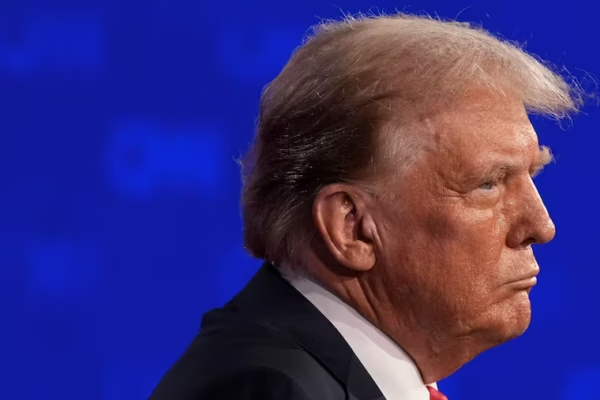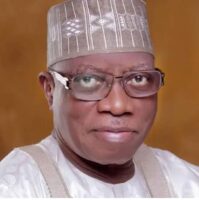US President Donald Trump has redesignated Nigeria as a “Country of Particular Concern” (CPC), citing allegations of widespread persecution of Christians in the country. The announcement, made on Friday, reignites a long-standing debate over Nigeria’s human rights record.
Trump claimed that Christianity in Nigeria is facing an “existential threat” and accused radical Islamists of perpetrating what he called a “mass slaughter” of Christians.
What Does Being a CPC Mean?
The CPC designation is made under the US International Religious Freedom Act (IRFA) of 1998 and identifies countries that demonstrate “severe violations of religious freedom”.
This includes acts such as:
Torture or cruel, inhuman, or degrading treatment or punishment
Prolonged detention without charges
Enforced disappearance through abduction or clandestine detention
Other flagrant denials of the right to life, liberty, or personal security
While the designation is unique to the United States and not recognised by any other international body, it carries serious implications.
The US Congress may impose non-economic measures such as strong diplomatic engagement or public condemnation. If these measures fail, economic actions may follow, including restricting development assistance, limiting security aid, opposing loans, or blocking export licenses.
Read Also
- US Charges Maduro, Wife With Drug Trafficking After Invasion, Capture
- US Captures Venezuela President Maduro, Wife – Trump
- From "CPC" Proclamation To Precision Airstrike On Terrorists: Timeline Of Diplomatic Engagement Between US, Nigeria On Counter-Terrorism Measures
- Shehu Sani Welcomes US Strikes, Warns FG Against 'Eternal Dependence'
READ ALSO: FG Slams Trump Over “Country of Concern” Designation on Nigeria
In Nigeria’s previous designation in December 2020 under Trump’s first term, the US waived sanctions, citing the “important national interest of the United States.” The country was later removed from the list during the Biden administration.
Nigerian Government Rejects Allegations
The Nigerian government has strongly dismissed Trump’s claims, describing them as “misleading and inaccurate.” Ministry of Foreign Affairs spokesperson Kimiebi Ebienfa stated that Nigerians of all faiths have historically lived and worked together in harmony.
“Nigeria remains committed to fighting terrorism, strengthening interfaith harmony, and protecting the lives and rights of all its people under the leadership of President Bola Ahmed Tinubu,” Ebienfa said.
Minister of Information and National Orientation Mohammed Idris also noted that violence in Nigeria affects people of all religions and is largely linked to banditry, insurgency, and competition over land and resources—not faith.
Idris highlighted the government’s counterterrorism successes, including neutralizing over 13,500 terrorists and rescuing nearly 10,000 hostages between May 2023 and February 2025.
Presidential spokesperson Bayo Onanuga emphasized Nigeria’s long history of peaceful coexistence, stating: “Nigeria is home to nearly equal populations of Muslims and Christians who live side by side peacefully in most regions. Portraying the country as a place of religious genocide is unfair and inaccurate.”
Even within Trump’s advisory team, officials such as Massad Boulos, senior adviser on Arab and African affairs, have pointed out that terrorism in Nigeria “has no colour or religion” and affects citizens of all faiths.
The most recent CPC designations in 2023 included countries such as Burma, China, Cuba, Eritrea, Iran, North Korea, Nicaragua, Pakistan, Russia, Saudi Arabia, Tajikistan, and Turkmenistan. Being named a CPC signals US concern over religious freedom violations and can lead to diplomatic, political, or economic measures aimed at encouraging reforms.
The Nigerian Senate has meanwhile established a 12-member ad hoc committee to prepare a comprehensive response to international concerns about alleged persecution of Christians.
Analysts suggest that Trump’s move could strain diplomatic relations, even as Nigeria continues to seek collaboration with the US on security, trade, and human rights.





